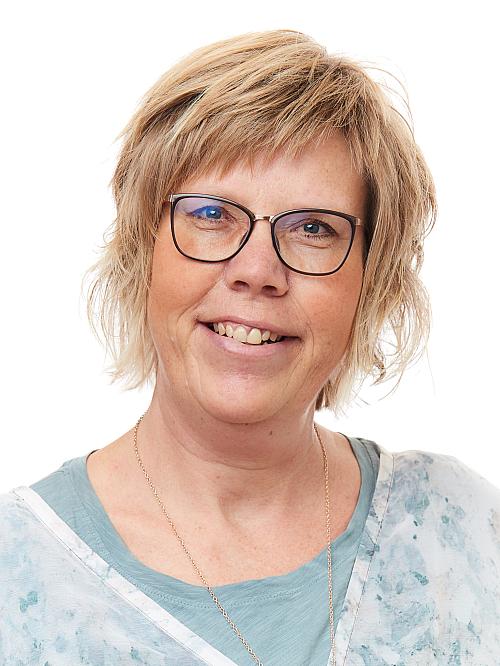Welfare@Home - Challenges with welfare technology for older social service recipients and their home care service staff
Facts
Collaboration partners:
Lund University, municipalities and senior organizations.
Project duration: 2021-2026
Research team:
Sofi Fristedt, principal investigator
Ulli Samuelsson, co-researcher at HLK
Susanne Iwarsson, co-researcher at Lund University
Steven Schmidt, Co-researcher at Lund University
Samantha Svärdh, Co-researcher at Lund University
Financier: The Kamprad Family Foundation and FORTE.
Welfare@Home is a project about welfare technology for older social service recipients and their home care service staff.
Purpose ofthe study
Implementation of welfare technologies (WT) is clearly on the agenda in home care services (HC S), not least in the light of the COVID-19 pandemic. Surprisingly, the two prime user categories - older adults receiving HCS and their staff – have so far had little influence on development and implementation of WT. Moreover, there is a paucity of research describing whether and how current WT are relevant to, as well as satisfy or challenge these prime users, and whether WT meet the users’ needs. Knowledge to nurture the development of relevant WT innovations and related implementation strategies together with rather than for older adults and their HC S staff is urgently needed.
Material and method
Through three separate but related studies, we will explore user perspectives, rarely considered in previous research, aiming to inform and support innovation and implementation of user-friendly welfare technologies in HCS.
In Study 1 we will explore in what situations and how current WT challenges, fail or succeed to support security, activity and participation for older adults receiving HC S based on the research questions (RQ): -What critical incidents related to WT use do older adults and their HC S staff identify in the context of HC S in ordinary housing, and how are they experienced and addressed? -What unmet needs, possible to solve with WT, do older adults and their HC S staff find important to address?
A survey based on Study 1 findings will in Study 2 obtain overall knowledge on said challenges and unmet needs through the RQ: -What are the most important challenges and unmet needs to consider for innovation, development and implementation of current and future WT, according to older adults and their HCS staff and managers?
In Study 3 researchers and user representatives will integrate Study 1-2 findings, and identify crucial points for improvements of WT as well as develop draft guidelines for implementation and usage of WT in HCS that meet the needs and desires of older adults and HC S staff.
Publications
Contact person
- Head of Department
- School of Health and Welfare
- sofi.fristedt@ju.se
- +46 36-10 1269

